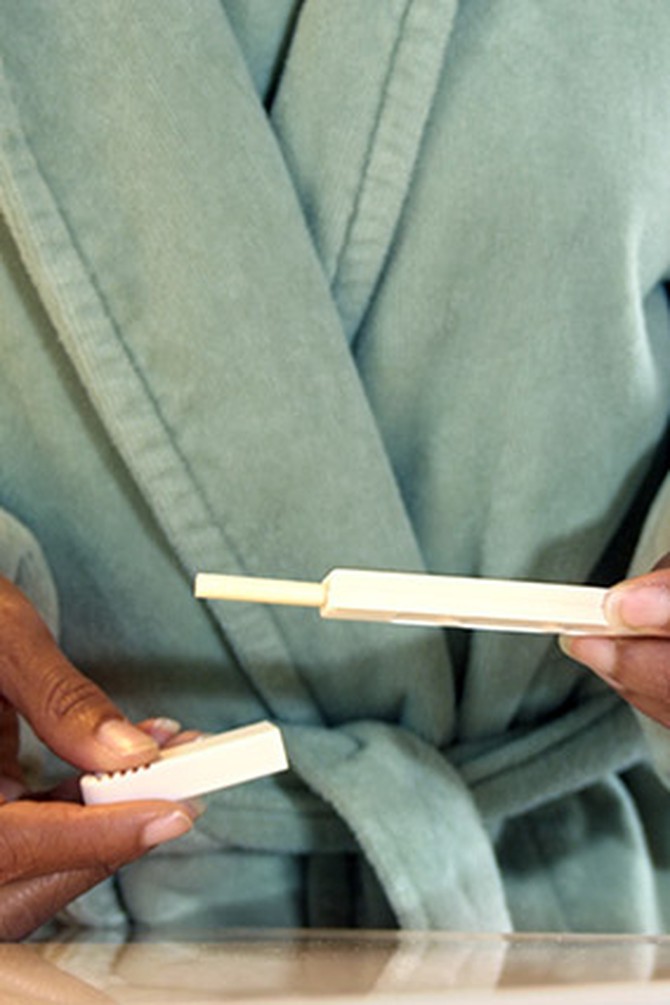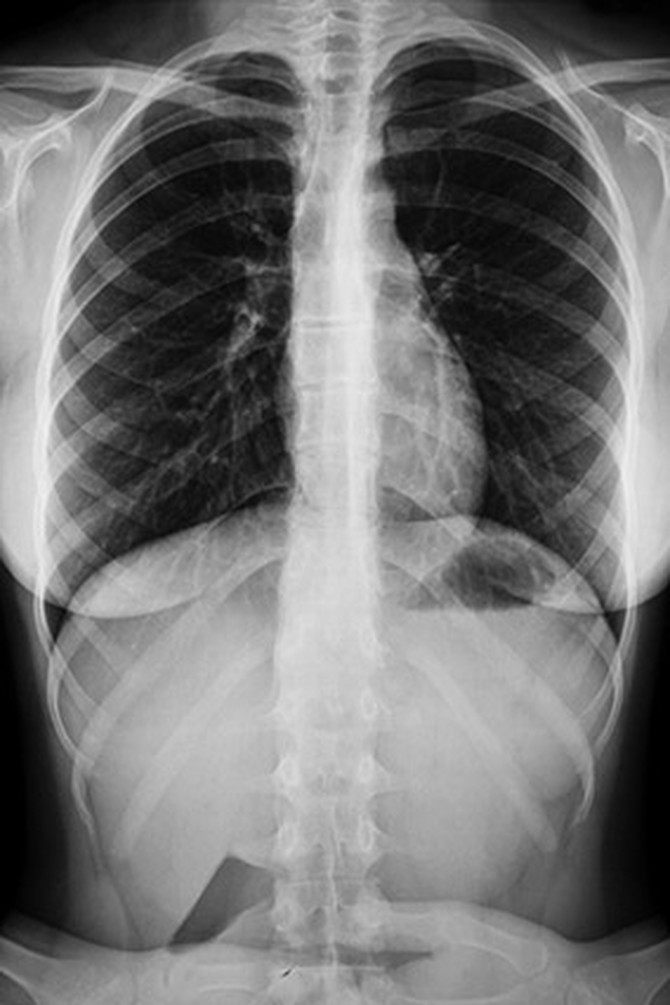Outdated Women's Health Myths to Stop Believing Right Now
New research has shattered some of our most closely held beliefs.
By Corrie Pikul

Photo: Thinkstock
The Myth: Your fertility plummets after age 35
The facts: Women have been led to believe that our eggs are stamped with an expiration date: midnight on our 35th birthday. But a recent study headed by Anne Steiner, MD, an assistant professor in the Department of Obstetrics and Gynecology at the University of North Carolina School of Medicine, found that among 38- and 39-year-olds who had been pregnant before, 80 percent got pregnant naturally within six months. This doesn't mean that the quality and quantity of eggs doesn't decline with age (experts still maintain that by age 40, a woman's chance of getting pregnant is less than 5 percent per cycle). But the decline happens at such variable rates that many healthy women will still have a stockpile of viable eggs late into their 30s. So investigate (by talking to your gynecologist), before dismissing your chances.

Photo: Thinkstock
The Myth: With no family history of breast cancer, you're pretty much in the clear
The facts: About 10 percent of women diagnosed with breast cancer have a mother or sister who also had it, or some other strong family connection. Another 10 percent have a family member a little further down the family tree. But about 80 percent have no family history at all. The reason your doctor is so interested in your relatives is because we still don't have a better way to identify which women are at the highest risk for the disease, says Debbie Saslow, PhD, the director of breast and gynecologic cancer for the American Cancer Society. The only other risk factor that even comes close is age, she says, which is why it's important to keep up with those mammograms.

Photo: Thinkstock
The Myth: If you've got hot flashes, you've got menopause
The facts: Hot flashes, as you've no doubt heard, plague 85 percent of women going through menopause. But these sudden drench-your-blouse sessions can also be triggered by anxiety and stress. Other, less common causes include hormone imbalances, thyroid disorders and infections. So if you're under 40 (less than 1 percent of women hit menopause before this age) and are experiencing symptoms of menopause but don't have any reason to think you're going through "the change," it may be due to something else. Either way, talk to your doctor to figure out what's going on.

Photo: Thinkstock
The Myth: Cranberry juice cures your urinary tract infection
The facts: The strategy isn't totally (sorry!) fruity. Cranberries contain substances—such as quinic acid, malic acid and citric acid—that can prevent infection-causing bacteria such as E. coli from sticking to the walls of the bladder. But if you already have symptoms (e.g., burning and itching), that means there's too much bacteria in your bladder and kidneys for the berries alone to wash out, remove or destroy. As for protecting you from future UTIs: A recent review of 24 studies and 4,473 participants concluded that the benefits of cranberries have been overstated and that drinking the juice or taking supplements hasn't been shown to make a significant difference in prevention. Instead, think about...chicken: A high percentage of packaged raw chicken has been found to be contaminated with the kind of E.coli that can cause UTIs in humans.

Photo: Thinkstock
The Myth: Women have more subtle heart attacks than men
The facts: Let's say you've done some late-night (possibly paranoid) Web surfing and have read up on heart attack symptoms. For women, you think the signs to look for are: shortness of breath, nausea, vomiting and pain in the back, neck or jaw. For men: a classic elephant-on-the-chest feeling. But in one recent study of nearly 2,500 women and men who were being evaluated for a possible heart attack, European researchers asked patients to describe their symptoms and then carefully analyzed the responses. Surprisingly, they found little statistical difference in the answers: Chest pain was fairly standard among all patients—and the other symptoms were relatively common, too. Too much has been made about gender differences, they concluded in the journal JAMA Internal Medicine. Save for one: Women are more likely to die from a heart attack. So if you're really not feeling right, or if the thought of a heart attack even crosses your mind (doctors say female patients will often consider that they're having one and then do nothing more than take an aspirin), call your doctor or 911, stat.

Photo: Thinkstock
The Myth: You won't get pregnant if you have sex in a hot tub.
The facts: Sperm are not fond of hot water, bubbles or strong chemicals like chlorine, and so, if set loose in a jacuzzi, they won't survive longer than a few seconds. However, during unprotected sex, sperm may fail to make contact with the water—remaining inside the humans involved—without the humans knowing! Keep in mind that the frothy, treated water can also make other types of birth control less effective. For example, condoms may loosen, slip off or weaken thanks to chemicals in the water. The takeaway: Hot tubs are a lousy form of birth control.
Next: 6 scary things you might hear at your next OB-GYN visit
Next: 6 scary things you might hear at your next OB-GYN visit
Published 03/04/2014

